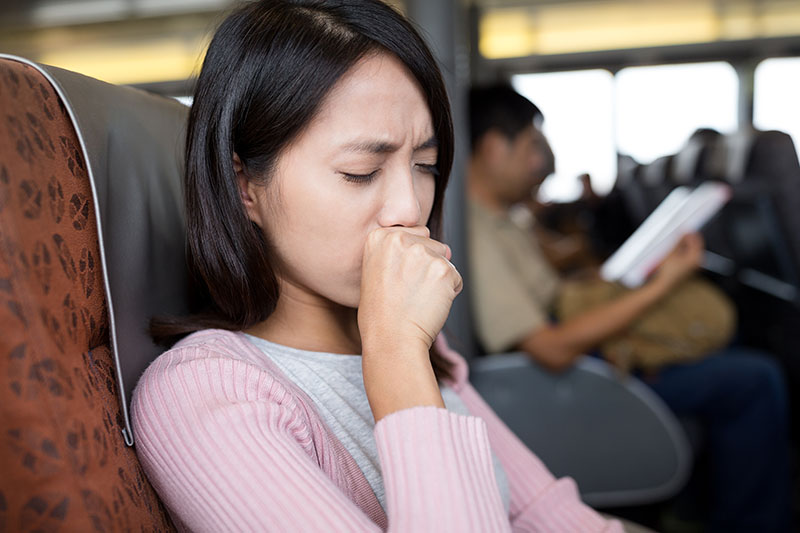
The most common cause of traveler’s sickness, sometimes referred to as “traveler’s diarrhea,” is gastrointestinal infection. When unfamiliar bacteria, viruses, or parasites are exposed to a person’s body, it might result in illness. When tourists consume contaminated food or drink while traveling abroad, this is a possibility. Poor food handling techniques, inadequate sanitation, and tainted water are common reasons.
In addition to stomach issues, respiratory infections are a significant contributor to traveler’s sickness. As well as more serious conditions like pneumonia, this can lead to respiratory infections like the common cold or the flu.
Don’t Drink the Water (check it first)
Do some research on the country to understand its problems with water quality before you go. For any water safety cautions or recommendations, consult reliable websites such as embassy pages, health groups, or travel advisories. In certain countries, tap water is typically safe, while in other countries it is advisable to stay away from it completely. In this case, boil the water for at least a minute before drinking. Commercially bottled water from reputable companies is always an alternative in a pinch.
In a similar matter, even though salads and uncooked greens are generally healthful, they might be dangerous while visiting particular places. They might have been cleaned or prepared using polluted water. To lower your chance of contracting a food-borne illness, choose cooked vegetables instead.
Why do I get “Montezuma’s Revenge” when I travel?
You are exposed to new food sources, regional food preparation techniques, and various sanitation standards while traveling. This increases the likelihood that you will come into contact with contaminants or illnesses for which your body might not have built up resistance. In general, traveling, especially over long distances, entails jet lag, temperature changes, and other factors that can all weaken the immune system.
The Top 5 Foods To Avoid
- Raw or undercooked seafood: Avoid eating raw oysters, sushi, sashimi, or any other raw or undercooked seafood while visiting another country. These foods may contain dangerous microorganisms or parasites that can result in foodborne diseases.
- Raw meat or Steak Tartare: Meat that is consumed raw or undercooked increases the risk of contracting foodborne diseases like salmonella or E. coli. To reduce the risk of being ill, it is essential to choose well-cooked meat.
- Unreliable street food vendors: While street food can provide delectable and distinctive culinary experiences, it’s necessary to exercise caution when purchasing it. To lower the risk of foodborne illnesses, stay away from street food from vendors with dubious hygiene procedures or unclean cooking conditions.
- Dairy products that have not been pasteurized: Avoid drinking unpasteurized milk, cheese, or other dairy products while visiting another country. These goods might contain bacteria like Salmonella or E. coli, which can lead to digestive issues.
- Raw or unpeeled fruits and vegetables: Despite the fact that fruits and vegetables are generally healthy, they might be dangerous if they have been handled improperly or were washed in contaminated water. Choose fruits like oranges or bananas that can be peeled, or carefully wash and prepare vegetables before eating.
If you become ill while traveling remember this…
- Hydration and rest are crucial.
- Use over-the-counter medications such as loperamide (commercially known as Immodium®) and dimenhydrinate (commercially known as Dramamine®) to treat nausea and diarrhea.
- You should seek medical attention if your symptoms are severe, or persistent, or if they are joined by a high temperature, blood in the stool, or symptoms of dehydration (such as dizziness or excessive thirst).


